Ultrasonic Process And Historical Development
Browse Volume:1672 Classify:Support
Ultrasonic cleaning technology first appeared in the early 1930s, when the United States is located in New Jersey, the United States Radio Corporation in a laboratory of technical personnel to try to use homemade rudimentary ultrasonic cleaning system to clean some objects, but the test was not successful. On this basis, ultrasonic cleaning technology in the 1950s had a great development, when the use of ultrasonic operating frequency between 20 ~ 40 kHz. The range of ultrasound is used in thousands of different work situations, many of which are other cleaning means can not work well in the occasion. Ultrasound can apply a very large amount of energy to the workpiece, especially for removing dirt firmly attached to the substrate. However, in some cases, the powerful energy of ultrasound can also damage the substrate material with dirt and fragile nature. Over the past decade or so, a number of technological innovations have emerged in the field of ultrasound that have improved the safety margin for removing contaminants from sensitive substrates. During this period, ultrasonic technology, especially in the high frequency ultrasonic cleaning technology has a new development, and become the highlight of the industry.
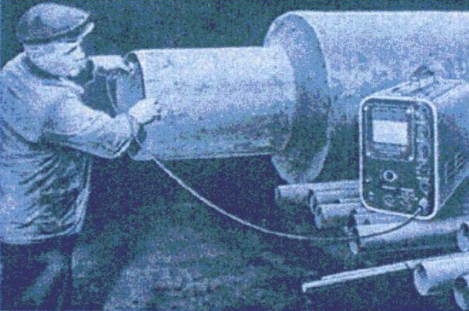
In recent years, people found that the megasonic (according to the frequency of ultrasound, 40 kHz and below called conventional or low-frequency ultrasound, more than 1 000 kHz called high-frequency ultrasound, also known as megasonic, referred to as megasonic) cleaning can be removed from the surface of the semiconductor material ultra-fine dirt particles, and will not damage the surface of the substrate material. At present, this technology has been quickly popularized.
Ultrasonic cleaning process
Generally speaking, the cleaning process according to the object to be cleaned and the number of cleaning the degree of difficulty to decide. The main cleaning process is as follows:
1) hot dip or spray washing: the purpose is to soften the workpiece contaminants, separation, dissolution, and reduce the load of the next cleaning process.
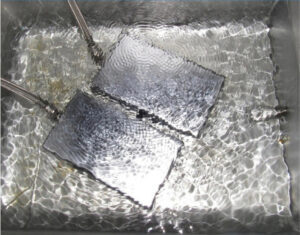
2) ultrasonic cleaning: the use of ultrasonic generated by the strong cavitation and vibration will be stripped off the surface of the workpiece dirt, but also greasy dirt decomposition, emulsification.
3) cold rinsing: the use of flowing clean water will have come off but still floating on the surface of the workpiece dirt rinse clean.
4) ultrasonic rinsing: solvent for clean water, the workpiece immersed, the use of ultrasound will float in the workpiece at the edges, corners and pores of the dirt clean.
5) Hot clean water and cold clean water rinsing: further remove the dirt particles hanging on the surface of the workpiece.
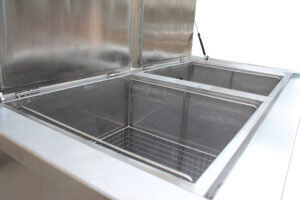
6) hot air drying: the use of a certain temperature and wind speed, so that the surface of the parts quickly dry.
 GranboSonic
GranboSonic





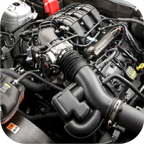
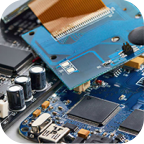


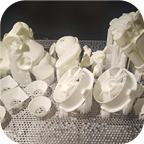

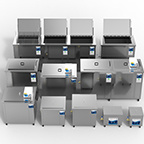




Hello!